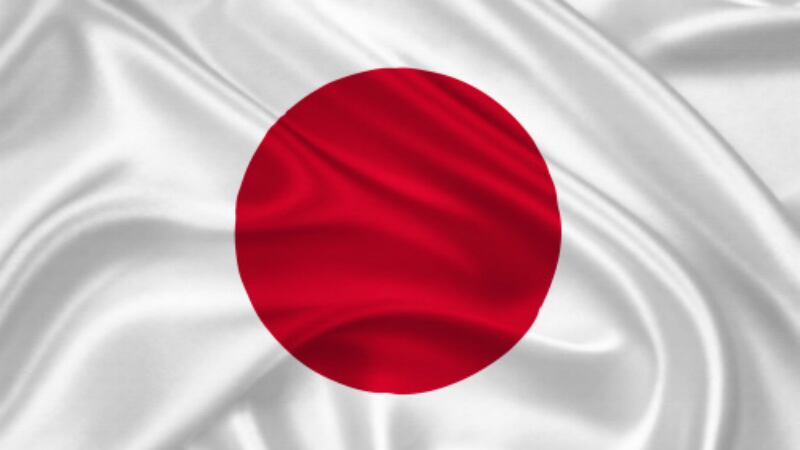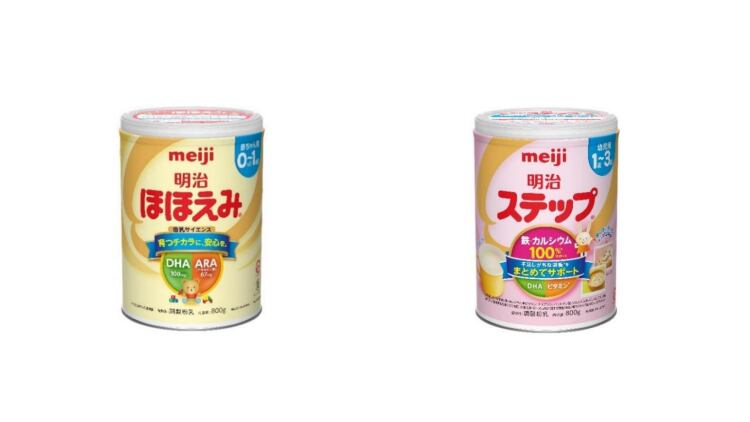Taking back control: Onus on food firms to meet taste expectations for low-sodium foods – Ajinomoto
Consumers are willing to make the switch to low-sodium foods in order to reap the health benefits, but with a caveat that these must taste good, according to new data from MSG giant Ajinomoto.
Ajinomoto’s Sodium Alternatives and Long-Term Solutions (SALTS) study revealed that consumers may understand that sodium overconsumption will result in health issues, but that they also believe the onus is on food firms to come up with the solutions to solve the overconsumption issue, and are unwilling or unable to do this independently.
“People know that too much sodium is bad for one’s health at any age, but they do not see this as a concern that impacts them personally, [and] the numbers show this,” said the study researchers.
Japan net alcohol labelling: Voluntary scheme to be eased in to avoid eco and cost impacts – Kirin
Japanese firms will gradually introduce a new voluntary net alcohol labelling scheme to avoid cost and environmental impacts, according to beer giant Kirin.
The Japanese government approved the net alcohol labelling scheme as part of the national Basic Plan for the Promotion of Measures to Cope with Alcohol Health Disorders (Phase 2) in March 2021, which calls for alcoholic drink labels to replace ABV alcohol percentages (%) with net alcohol content (g).
So far, this scheme is a voluntary one for the industry, but many firms have already expressed their willingness to participate and implement this as per government recommendations, as is commonly seen in Japan when a suggested directive or national plan is announced.
“Cabinet approval of this plan really accelerated Kirin’s consideration of this scheme, and although the labelling of net alcohol is only a corporate obligation [and not a policy regulation] at this point, Kirin believes that this is part of our social responsibility,” Kirin Holdings Corporate Communications Manager Naoto Kobuna told FoodNavigator-Asia.
Democratising cultured meat: Japan’s Integriculture pushes co-culture tech to reduce costs
Japanese cultured meat firm Integriculture has highlighted its co-culture technology as one of the fastest ways to bring down the cost of cellular agriculture and allow more F&B industry players to become part of the cultured meat sector.
One of the cultured meat sector’s most major hurdles to cost reduction and price parity has been recognised for a long time to be the high cost of growth factors required to grow cells into meat, but Japan-based Integriculture believes that it has uncovered the solution to this with its CulNet co-culture system.
“The co-culture approach is one that involves the use of multiple types of ‘feeder cells’ to produce growth factors in situ in their own individual feeder bioreactors, then have these growth factors fed as a cultured serum to the target cells, for example muscle cells to produce meat, in a target cell bioreactor,” Integriculture Founder and CEO Yuki Hanyu told the audience while unveiling the CulNet system at the recent Cellular Agriculture: Asia Summit 2022.
E-commerce evaluation: Japan emphasises expiry dates and allergens for new online food rules
The Japanese government has drafted a new set of labelling guidelines specifically targeted at regulating foods and beverages sold online, with emphasis on the displaying of expiration dates and food allergens.
The initiative is being overseen by Japan’s Consumer Affairs Agency (CAA) in response to the rapid rise of online platform sales in recent years, fuelled by the COVID-19 pandemic.
The guidelines were based on a survey conducted by the CAA in Japan last year to understand consumer requirements and any discrepancies between foods and beverages sold via e-commerce and the actual conditions of these upon arrival.
“In recent years, food product purchases via e-commerce sites have been steadily increasing, a trend accelerated by the COVID-19 pandemic – but on the other hand, food labelling standards in Japan do not cover the display and publishing of food-related information on these websites,” said the CAA via a formal statement.
Export expertise: Japan reveals new guidelines to help food firms maximise overseas growth
The Japanese government has published a set of national export and expansion guidelines with the aim of helping local food and beverage businesses expand the reach of their products into overseas markets.
This is on the heels of Japan having achieved record-breaking food and beverage export numbers in 2021 valued at JPY1.24tn (US$9.56bn), driving the local Ministry of Agriculture, Forestry and Fisheries (MAFF) to draft a set of national guidelines for the overall food industry to achieve even more outstanding growth moving forward.
“Today, many of Japan’s food and beverage products reach overseas consumers via the exports pathway [where these are produced in Japan and then shipped out], but in the future as we strengthen our ties with overseas markets we want to go beyond this and also localise our production in these markets,” said the MAFF Exports and International Affairs Bureau via a formal statement.





